This website uses cookies so that we can provide you with the best user experience possible. Cookie information is stored in your browser and performs functions such as recognising you when you return to our website and helping our team to understand which sections of the website you find most interesting and useful.
Forging her own path: a talk with Anita Choudhrie
By Michelle Johnson | 25 June 2021 | Culture
The philanthropist and author tells Tempus how her Path to Success charity is supporting Paralympians on their road to Tokyo 2021
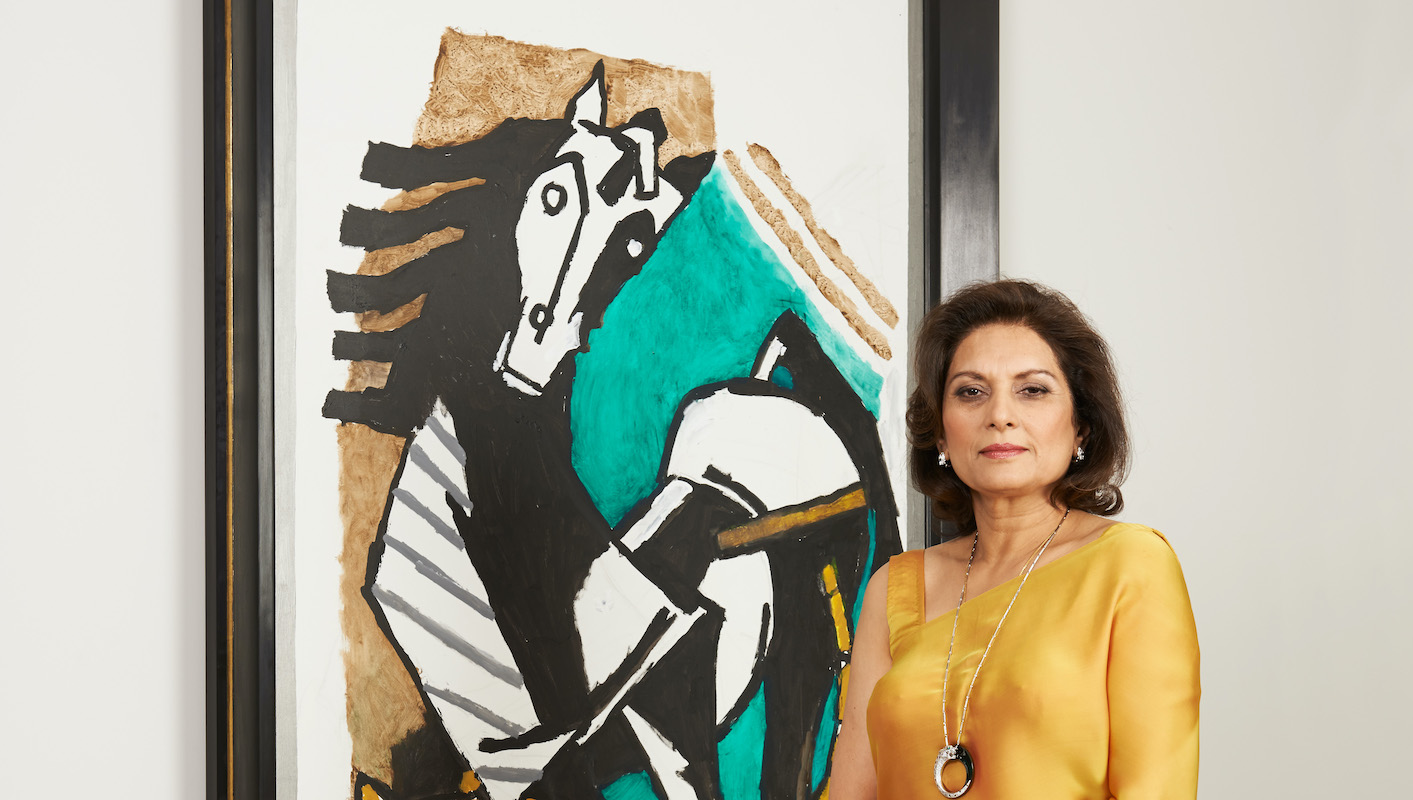
Philanthropy is far more than a fashion statement to Anita Choudhrie. The Path to Success founder has been championing the rights and abilities of disabled athletes and wheelchair users for more than 15 years, providing equipment, training and wellness support for aspiring sportspeople and Paralympic medal winners alike.
Founded in 2005, the charity began as a way to support a school for disabled children in India, but soon aligned its focus to providing specialised wheelchairs for those in need. Now, with the Tokyo 2021 Olympic Games back in focus, the charity is setting its sights on its #PathToTokyo campaign, supporting future female Paralympians including para powerlifters Louise Sugden and Olivia Broome, wheelchair tennis pros Lucy Shuker and Louise Hunt, and wheelchair basketball hopefuls Bethany Wheeler and Lucy Robinson.
Choudhrie’s philanthropic endeavours don’t stop on the sports field. Inspired by the art collection she shares with billionaire husband Sudhir – which includes works by MF Husain, Andy Warhol and Damian Hirst, and spans their homes in India and the UK – Choudhrie set up the Stellar International Art Foundation in 2008. Much like Path to Success, Stellar aims to champions female artists and level the playing field when it comes to the gender art gap.
Here, she shares her greatest philanthropic achievements, her passion for Paralympic sports, and tells us why we should be paying more attention to female success stories.
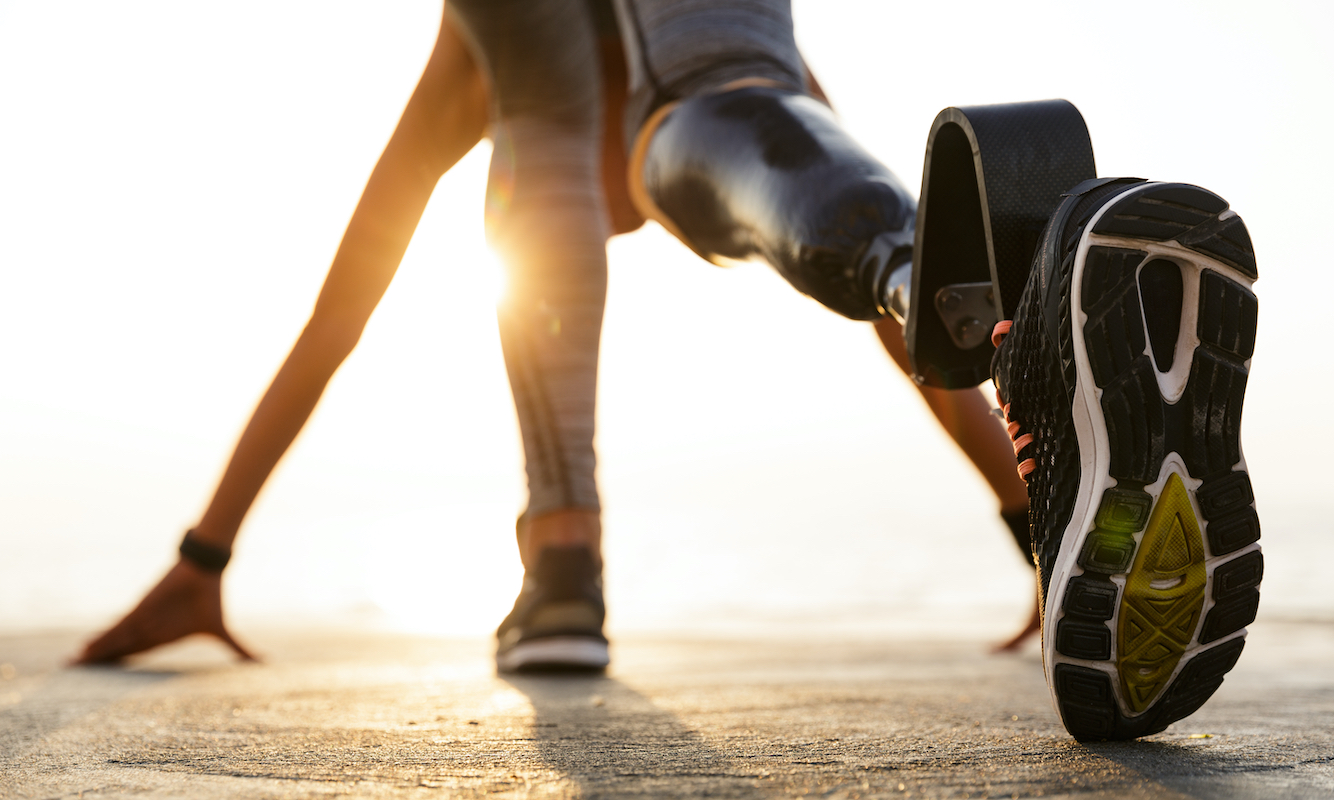
Anita, what inspired you to establish Path to Success?
My grandfather was a doctor who did a lot of work for the needy, and so my family grew up with that background. It felt very natural and instinctive to give back and support others, rather than being something that was socially fashionable. I had been supporting the Amar Jyoti Charitable Trust, a school for disabled children in India, for 15 years before starting Paths to Success.
We were celebrating their 25th anniversary with a trip to the UK and US to raise funds. It was an extremely ambitious project – 16 children and six teachers to care for them. Air India sponsored the group, and I supported them completely in the UK, from providing a five-day residency to hosting a fundraising event at the House of Lords. But I realised, in order to support them fully I would need to register as a charity, and so I created Path to Success.
What has been your proudest moment?
The biggest highlight was our ‘60 for 60’ campaign in 2012. Many long-term hospital patients can’t leave the hospital because they don’t have specialist wheelchairs, and so we set out to raise the funds for 60 specialised chairs for 60 NHS hospitals, to mark the Queen’s Diamond Jubilee.
We were able to raise enough for 83 wheelchairs – ranging from £295 to £8,000 each, many of which had to be specially fitted out or made for specific patients – and to be able to give people a life outside of the hospital was amazing. It was one of the biggest moments for Path to Success.
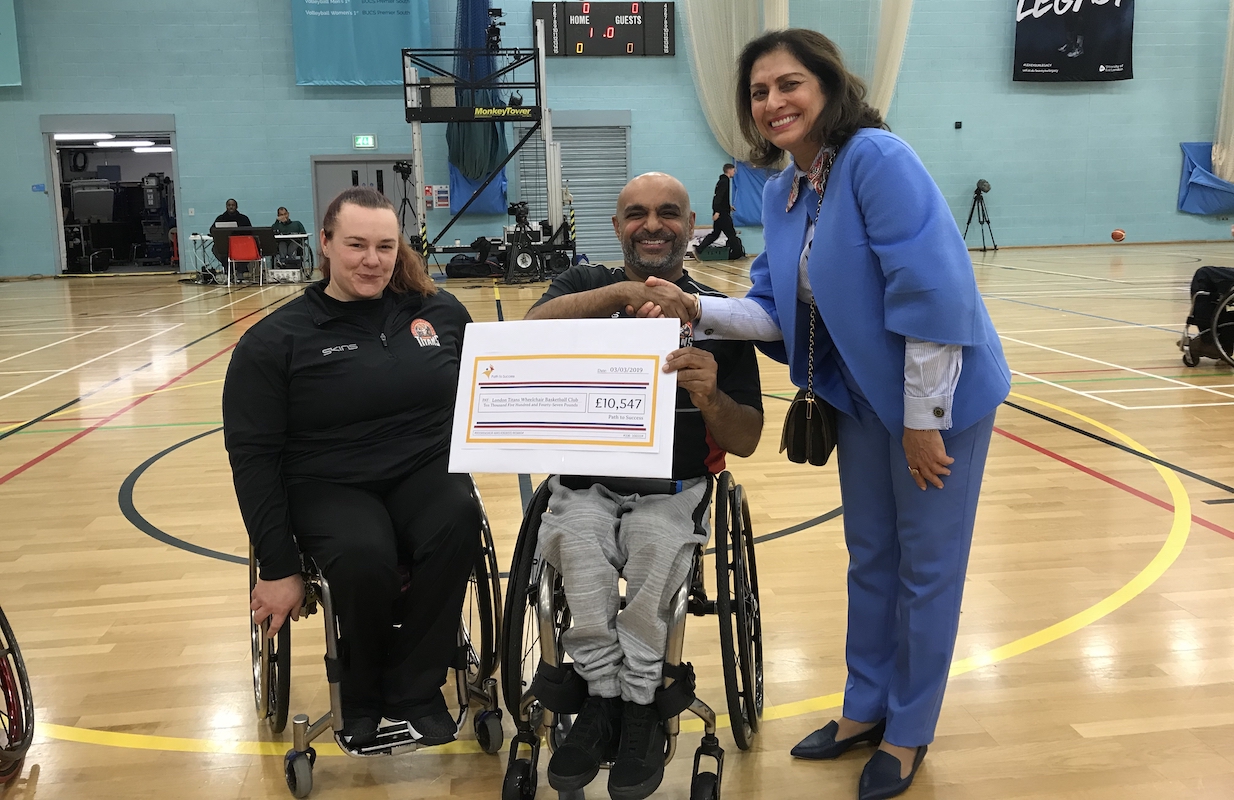
Tell us about your latest campaign, Path to Tokyo?
Our focus has always been wheelchairs, and we were associated with the wheelchair basketball club London Titans. As we got to know the team and chairman Jaspal Dhani better, we realised we had an opportunity to help support disabled athletes – and especially Paralympians. Of course, from there, we wanted to include more sports and support women athletes.
We did an enormous amount of research to identify Paralympic sports that do not receive government funding, from weightlifting to table tennis and badminton. What we aim to provide is a holistic level of assistance – from wellness programmes and psychologist support, to vitamin and muscular support – as well as funding for training and competitive equipment.
How involved are you with the athletes’ day to day training?
We’re not the kind of organisation where we just sit behind a desk and allocate funds. We are very much emotionally involved with the athletes, and we work a lot with them on their physical needs. We make them feel very supported.
It’s not just a paper transaction; this is an emotional transaction, because competitive sport is extremely emotional. It is both physically and mentally challenging, and the stress is unbelievable. So, we make sure there’s funding for mental health, particularly in the run-up to Tokyo, where many of our athletes have been isolated in their homes due to Covid-19.
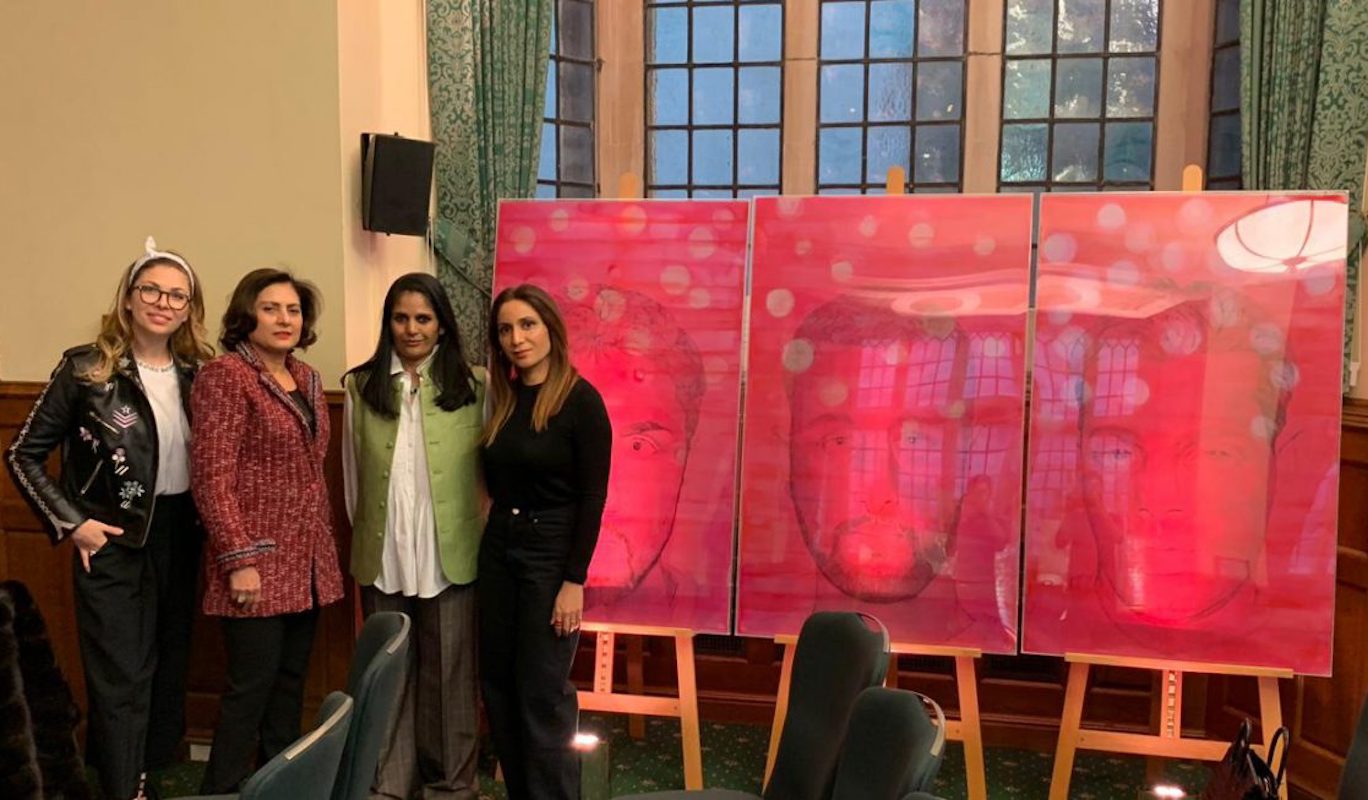
What impact has Covid-19 had on your athletes’ training?
It’s been very difficult. There have been times when they couldn’t even get trainers to come into their homes, and so they have had to create innovative ways of doing body support and exercises. For team sports, you can keep training by yourself but it’s not the same as being on a court and being with a trainer. So, it’s hard to know where they’ll stand at the Paralympics, let alone whether they’ll be able to win medals or break any records.
I think our athletes need all the support we can give them, especially in terms of media coverage. It’s not just the Olympics that deserves our attention; I think more awareness needs to be created for the Paralympics and the incredible athleticism of the Games.
How important is it to raise more awareness about Paralympic sports?
It’s very important. We are constantly trying to expand awareness of female athletes, for example through social media, and link to events such as International Women’s Day. We’re trying to create a bigger loop of awareness, but there’s a lot of work to be done. You could see with the Australian Open, where a lot of media attention was focused able-bodied tennis, but we barely heard about British star Alfie Hewett, who reached the wheelchair singles and doubles finals.
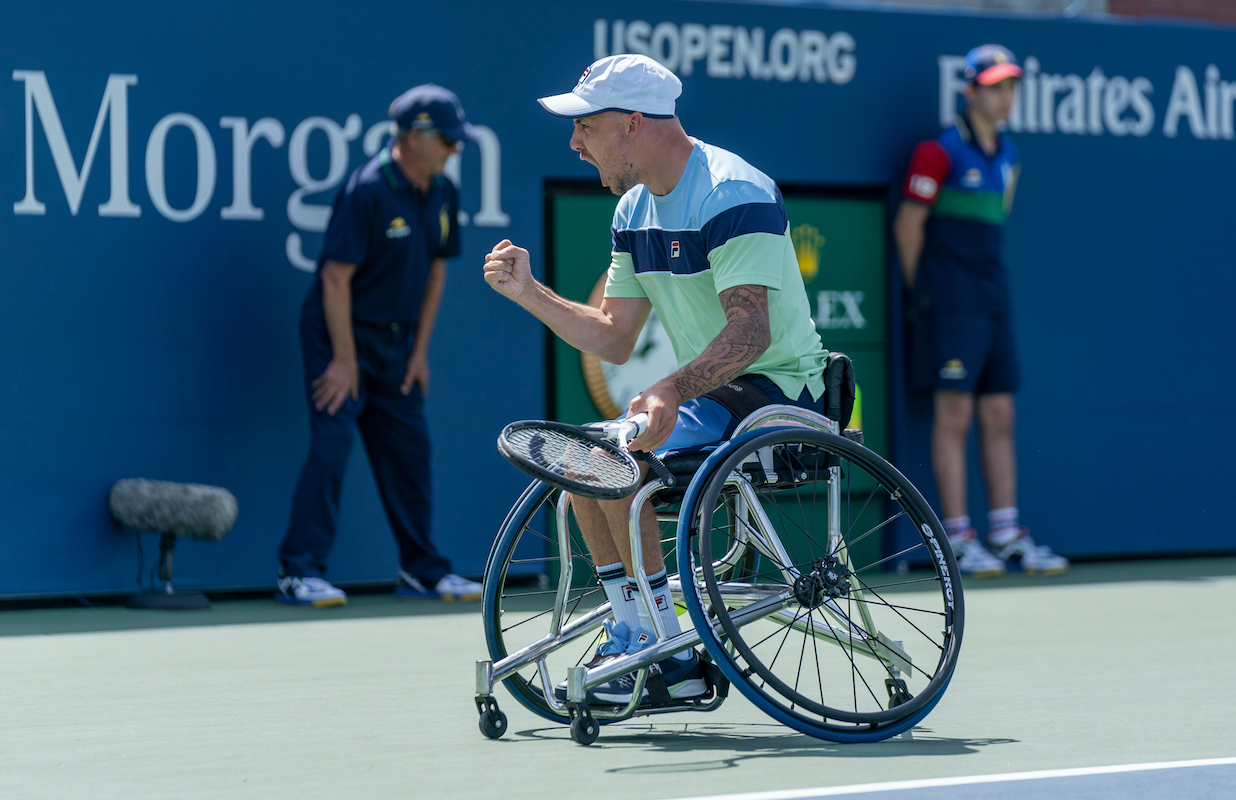
Why did you choose to champion female artists through your Stellar International Art Foundation?
It’s a similar drive in that female artists are not a given. Exhibitions and galleries always focus on male artists, and so women are always second choice for sponsorships, displays and media attention – and this means they are not valued in price as highly as their male counterparts. I’ve collected art for 40 years and seen this time and again. Yet, I’ve found such amazing, talented artists.
Stellar follows the philosophy of all my philanthropic work, in that I aim to empower women who come from any kind of physical, mental, financial or socially challenged background. The three artists I am currently patronising are all immigrants to the UK. Chila Kumari Burman was the first artist we supported, and she has achieved amazing things. Today, her work is on the wall of Tate Britain, she is known by the media. She is blossoming; it’s wonderful.
Tell us about your vintage car collection?
My husband has a big interest in vintage cars. We are going to be doing a book on his collection, which is involving a lot of research on each of the vehicles. His oldest car was made in 1898, and the newest is from 1938 – the full vintage period – or, as we call them, the Grand Old Ladies.







